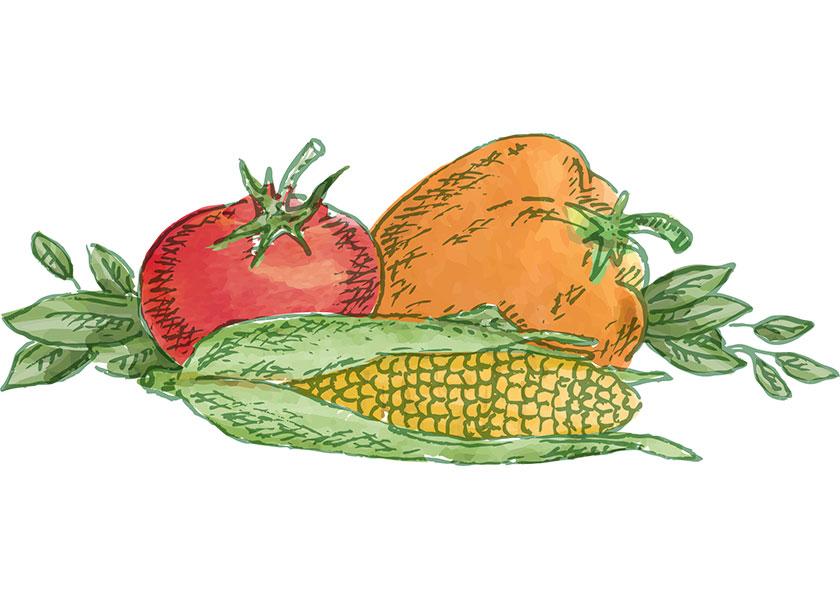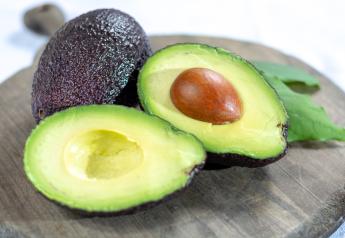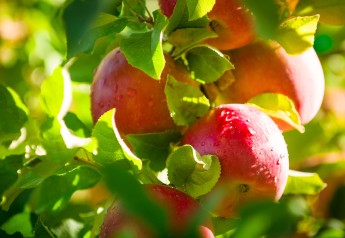New study suggests vegetables alone can't stave off heart disease

A new study says high consumption of vegetables alone won't help prevent heart disease in adults who are deficient in physical activity and other lifestyle factors.
In the United Kingdom study of about 400,000 middle-aged adults with a 12-year follow-up, higher consumption of raw but not cooked vegetables was associated with lower heart disease risk, according to a summary of the research.
However, researchers at Oxford's Nuffield Department of Population Health and other institutions said even the benefit of raw vegetables to reduce heart disease was probably not as important as other lifestyle factors, including physical activity, smoking, drinking, fruit consumption, red and processed meat consumption, and use of vitamin and mineral supplements.
"This study suggests the need to reappraise the evidence on the burden of cardiovascular disease attributable to low vegetable intake in the high-income populations," the research summary said.
The study was published Feb. 21 in the journal Frontiers in Nutrition.
Mollie Van Lieu, vice president of nutrition and health for the International Fresh Produce Association, said she wasn't surprised to see the research results.
"We know that contributors of poor heart health are obesity, diabetes, high blood pressure and a host of other factors from eating an excess of foods that aren’t fresh fruits and vegetables," Van Lieu said. "If an individual continues to eat a diet high in sugar, sodium, unhealthy fats and refined ultra-processed carbohydrates, we cannot expect vegetables to singularly fix the harm that those foods cause."
That being said, there is "no question" that a healthy dietary pattern must include a wide variety of vegetables, said Van Lieu, and that increasing consumption of whole and fresh-cut fruits and vegetables can help individuals reduce consumption of other foods that contribute to poor health.
"We don’t want studies like this to distract from the importance of growing consumption," she said. "But what studies like this can point to is that we need an overall nutrition strategy that addresses all the factors that contribute to poor dietary health and prevents our population from consuming the recommended amount of fruits and vegetables."
Taylor Wallace, principal and CEO of the Think Healthy Group and adjunct professor in the Department of Nutrition and Food Studies for George Mason University, said the United Kingdom study adjusted for far more variables than a typical study.
"An issue with nutrition epidemiology (in general) is that you can easily 'overcorrect,' which leads to null findings," he said. "The 'residual confounding' argument the authors give in the conclusion works the opposite way, too … its more likely they overcorrected and lost the effect. Just because its cloudy outside doesn’t mean the sun isn’t shining."
Another limiting factor in the study, Wallace said, was that intake of vegetables was assessed only once at baseline.
"This makes the study a very weak and ill-designed prospective cohort study that has limited utility," he said. "Cohort studies that show beneficial effects of vegetables (of all forms) used validated food frequency questionnaires many times over a 12-year period, as dietary patterns often change. This is not a good measure of food intake at all."
In addition, he said the study couldn't account for cooking methods, such as whether vegetables were fried, baked or boiled. Those diverse types of cooking methods may have very different influences on cardiovascular disease and overall health, Wallace said.
"Not accounting for factors like this is equivalent to throwing dice down a roulette table and then claiming the game is impossible to win at because you lost," he said.
Also, he said findings not reported in the abstract but apparent in the supplemental files show that adjustment for all the covariates didn’t make a difference in regard to all-cause mortality. "There was still a large protective effect of cooked and raw vegetables," Wallace said.
In general, he said, the study data goes against what has consistently and frequently been reported in systematic reviews and other epidemiological analyses.







